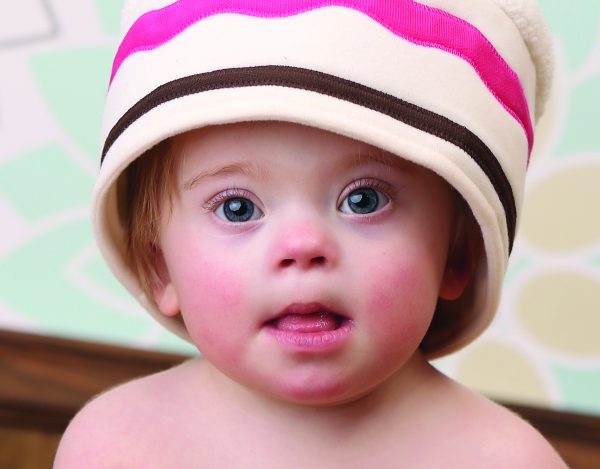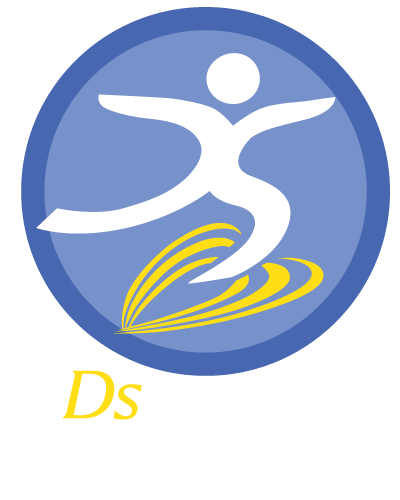What to Say…
How to Talk about Down syndrome
A guide for Family Members and Friends of people with Down Syndrome. Remember to celebrate the birth of the new baby! Although it may seem that the new parents are going through a difficult and sad time they still do have a baby. Most new parents will go through various stages such as grief, anger, bargaining, denial and acceptance (not necessarily in this order). Although the new parents may be grieving for the loss of the baby they were expecting they still do develop feelings of love and joy for their baby. Do not ignore the parents or the baby, and always treat the baby as you would any other.
TERMINOLOGY
Always refer to a person with Down syndrome as the person first and not the disability first. E.g. “that Downs baby” or…”my downie”… People with Down syndrome are people first and need to be called by their name or with reference to” a person with Down syndrome”. There is no ‘s’ at the end of Down. Recent practice is not to capitalize the s in syndrome. Developmentally delayed, Intellectually disabled/challenged and Learning disability are terms also used and accepted. Referring to a person as being retarded or a “Mongol” is certainly not acceptable. Many parents of children with Down syndrome see their child as normal, therefore comparing them to normal children implies that children with Down syndrome are less than normal or abnormal. It is better to call so called “normal” children typical developing or non-disabled children.
INFORMATION
Down syndrome is a condition and not an illness, therefore people with Down syndrome do not ‘suffer’ from it. We are often asked what the grade or severity of Down syndrome is in a specific person. A person either has Down syndrome or does not have it but mild/severe Down syndrome does not exist. Although the chances of a woman having a child with Down syndrome increases over the age of 35 years, there are far more children with Down syndrome being born to younger mothers. It is nothing that either parent did before or during the pregnancy that caused Down syndrome. A baby with Down syndrome has inherited the genetic ‘make up’ from his parents. This means although they have characteristics associated with Down syndrome they will still look like their parents and other family members, e.g. Hair and eye color.
GROWTH AND DEVELOPMENT
The baby with Down syndrome has the same needs as any other baby. The need to be loved and cared for. Every child is different and the rate at which they grow and develop is no different for children with Down syndrome. In recent years growth and development charts (height/weight) have been developed specifically for children with Down syndrome. These charts allow healthcare providers and parents to measure a child’s growth and development appropriately compared to their peers with Down syndrome.
HEALTH CARE
Babies with Down syndrome have increased risk of having some congenital anomalies and developing certain medical problems, most of which are now correctable by surgery. Therefore it is vital for babies and children to go for regular check-ups to physicians who are knowledgeable and pro-active regarding Down syndrome. Families and friends of children with Down syndrome should know that just like with any other children, children with Down syndrome benefit largely from loving and stimulating environments such as family homes.


